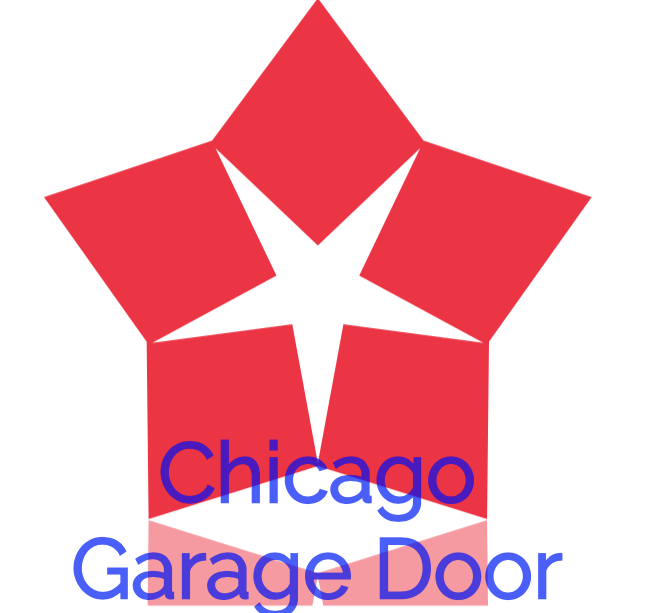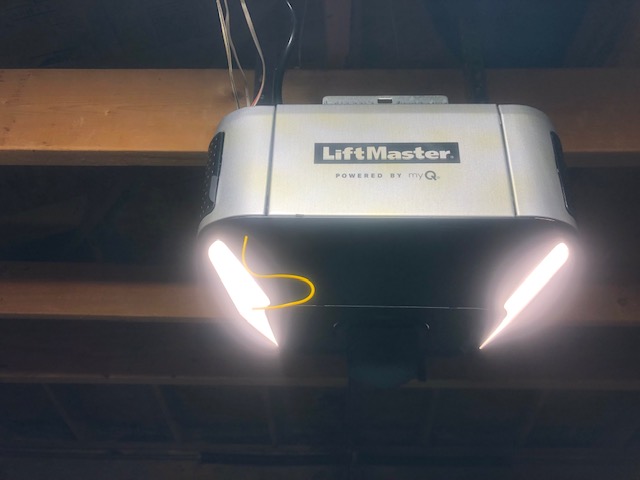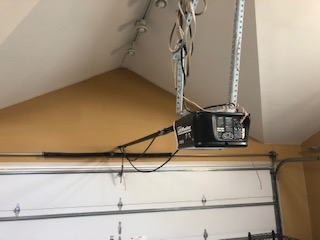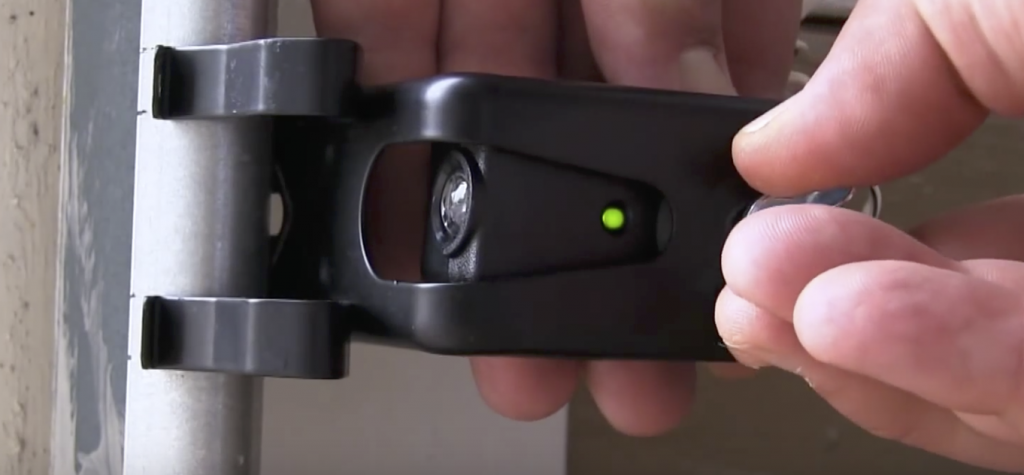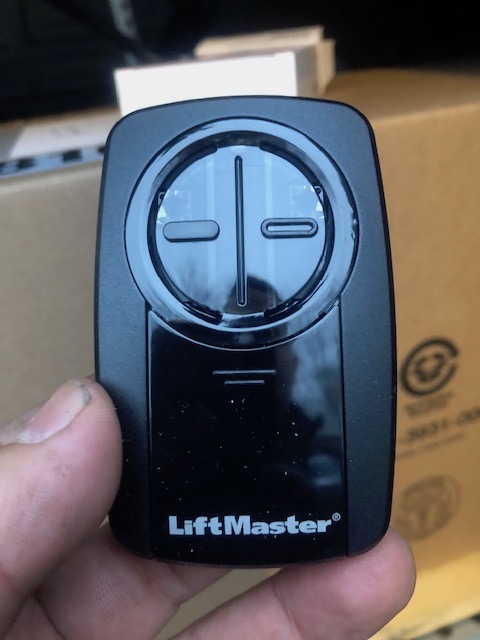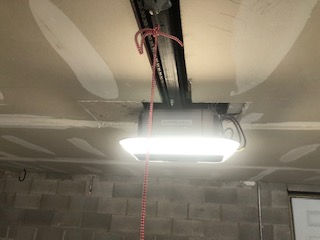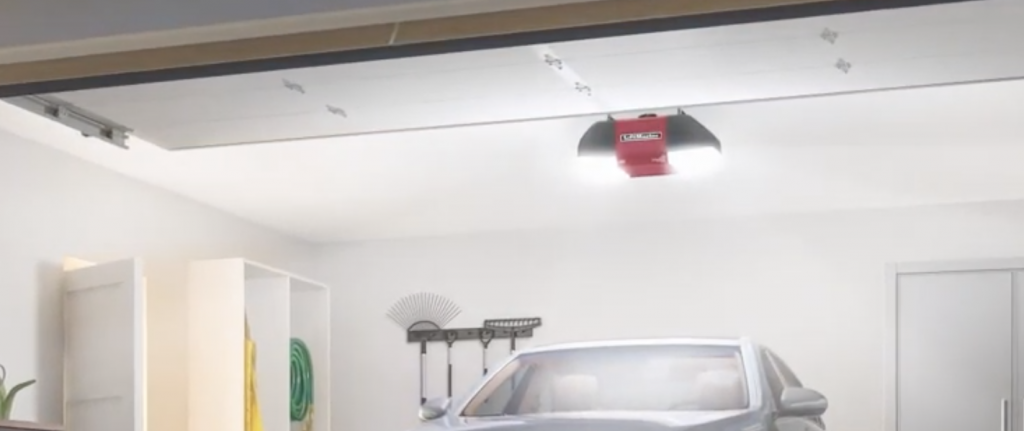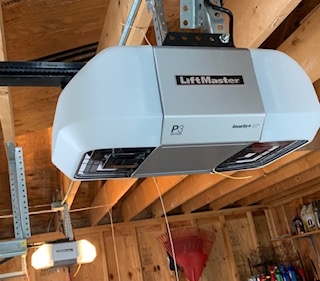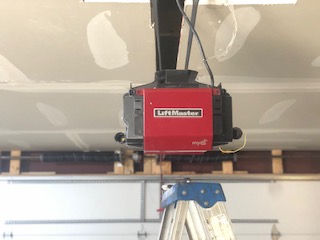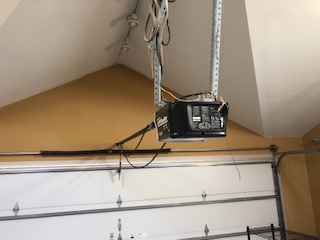
If you’re considering installing a garage door opener or need to repair an existing one, you may have some questions. Common garage door opener repair frequently asked question include issues related to the motor, remote control, safety sensors, and more.
However, like any other mechanical device, garage door openers can malfunction or break down over time. This is where garage door opener repair frequently asked question come in handy.
If you have ever had issues with your garage door opener repair frequently asked question, you understand how frustrating it can be. You may not know what caused the problem or how to fix it.
Luckily, expert technicians have answered some of the most common questions about garage door opener repair frequently asked question. In this article, we will explore these frequently asked questions and provide you with expert answers to help you troubleshoot your garage door opener problems and keep your system functioning smoothly.
Common Garage Door Opener Problems
Garage door openers are a modern convenience that most of us take for granted. However, when they stop working properly, it can be a major inconvenience. Luckily, many common garage door opener repair frequently asked question problems can be solved with some troubleshooting tips and DIY fixes.
One of the most common issues is when the remote control stops working. Before calling a professional, try replacing the batteries in the remote control or resetting the opener. If neither of these solutions work, there may be an issue with the receiver or circuit board that will need to be addressed by a professional.
Another issue that homeowners may face is when the door doesn’t fully open or close. This could be caused by a variety of factors such as misaligned photo eyes, worn out cables or springs, or even obstructions on the tracks. Check for any visible damage or debris and make sure everything is properly aligned before attempting any DIY fixes. If you’re unsure about how to proceed, it’s best to call in a professional.
Remember that safety should always come first when dealing with garage door opener repair frequently asked question. If you’re not comfortable with performing any DIY fixes or if the problem seems more complicated than what you can handle on your own, it’s best to call in an expert who can diagnose and fix the problem safely and efficiently.
What Causes Garage Door Opener Malfunctions?
Power supply issues can be a major cause of garage door opener malfunctions. If the power is cut off, the opener won’t function properly.
Sensor misalignment can also be a problem, as the sensors need to be aligned correctly for the door to open and close properly.
Motor issues can also cause the opener to malfunction, as the motor needs to be working properly in order for the door to move.
Additionally, wiring problems can also lead to opener malfunctions. It’s important to inspect any wiring for any damage or issues.
You can avoid all of these issues with regular maintenance and inspections.
Power Supply
One of the most common causes of garage door opener malfunctions is power supply issues. These can range from problems with backup batteries to voltage fluctuations.
Backup batteries are essential components of garage door openers, as they ensure that the opener continues to function even during power outages. However, if your backup battery is faulty or dead, you may experience problems with your garage door opener.
Voltage fluctuations are another common cause of garage door opener malfunctions. Power surges and dips can damage the motor or circuit board of the opener, leading to issues such as intermittent operation or failure to open or close properly.
To prevent these problems, it’s important to use a high-quality surge protector and avoid plugging other devices into the same outlet as your garage door opener. If you’re experiencing issues with your garage door opener, it’s important to consider the power supply first.
Check your backup battery and ensure that it’s functioning properly, and invest in a surge protector if you haven’t already done so. If these steps don’t resolve your issue, it may be time to call in a professional for further troubleshooting and repairs.
Don’t let power supply problems keep you from enjoying hassle-free access to your garage – take steps now to ensure that your opener stays functional for years to come.
Sensor Misalignment
Now, let’s talk about another common cause of garage door opener malfunctions: sensor misalignment. Manufacturers design garage door openers with safety sensors that detect obstructions and prevent the door from closing on them. However, if these sensors become misaligned, the opener may not function properly.
Fortunately, you can perform sensor calibration at home with some troubleshooting tips since it’s a fairly simple process.
First, check to see if anything is blocking the sensors or if they’re dirty. Clean them with a soft cloth and make sure they’re facing each other directly.
If the sensors are clean and unobstructed but still not aligned properly, try adjusting their positions by loosening the mounting screws and moving them slightly until they face each other squarely. Then, tighten the screws and test the opener to see if it works correctly.
If you’ve tried these troubleshooting tips but your garage door opener is still malfunctioning due to sensor misalignment, it may be time to call in a professional for further assistance.
Motor Issues
Now that we’ve covered sensor misalignment as a common cause of garage door opener malfunctions, let’s move on to another potential issue: motor problems.
The motor is responsible for powering the door opener, and if it fails or malfunctions, the entire system may stop working properly.
If you’re experiencing issues with your garage door opener’s motor, there are some troubleshooting tips you can try before resorting to a full motor replacement.
First, check to see if the power source for the opener is working correctly. If there’s no power to the unit, it won’t function properly.
Next, inspect the motor itself for any signs of damage or wear. If you notice any obvious issues such as frayed wiring or burnt-out components, it may be time for a replacement.
If you’ve tried these basic troubleshooting steps and your garage door opener still isn’t working correctly due to motor issues, it’s probably time to call in a professional.
They will be able to diagnose the problem more accurately and provide recommendations for what needs to be done next. Depending on the severity of the issue, they may recommend a full motor replacement or suggest other repairs that can get your system up and running again in no time.
Can I Repair My Garage Door Opener Myself?
Thinking of repairing your garage door opener on your own? It’s a tempting idea, especially if you consider the money you’ll save on labor costs. However, before grabbing your toolbox and diving into DIY troubleshooting, there are some things you need to know.
First and foremost, safety measures should be your top priority. Garage doors can weigh hundreds of pounds and have several moving parts that can cause serious injuries if mishandled. Make sure to disconnect the opener from the power source before attempting any repairs. Wear protective gear like gloves and goggles to avoid accidents.
If you’re not confident in your ability or lack experience in handling garage door openers, it’s better to call a professional.
When it comes to DIY troubleshooting, some common problems that homeowners encounter with their garage door opener include faulty remotes, broken springs, and misaligned sensors. Sometimes, you can fix these issues by adjusting settings or replacing parts. However, it’s important to note that tampering with the wrong component may worsen the problem or even lead to irreversible damage.
Unless you have ample knowledge about garage door openers and access to the right tools, it’s best to leave repairs to experts who have years of experience under their belt.
Hence, while repairing your garage door opener yourself may seem like an attractive option at first glance, doing so requires careful consideration of safety risks and technical expertise. If you’re unsure about what needs fixing or don’t feel confident in handling repairs on your own, consult a professional who can provide expert advice and reliable service.
Always remember, investing in proper maintenance is always worth it in the long run when it comes to keeping your home safe and secure.
When Should I Call A Professional For Garage Door Opener Repair?
Signs that your garage door opener needs repair can vary from minor to major issues.
Some of the minor signs include slow operation, strange noises, and difficulty opening or closing.
On the other hand, major signs such as a complete failure to operate or a broken chain require immediate attention from a professional.
When troubleshooting your garage door opener, it’s important to follow safety precautions and ensure that all power sources are turned off before attempting any repairs.
However, if you’re unsure about how to fix the problem or don’t have the necessary tools and experience, it’s best to call a professional for assistance.
Attempting DIY repairs without proper knowledge can lead to further damage and even injury.
A professional technician has the expertise and equipment needed to diagnose and repair any issue with your garage door opener efficiently and safely.
They can also provide preventative maintenance services to keep your opener in good working condition for longer periods.
Ultimately, calling a professional is always the safest option when dealing with garage door opener repairs.
How Much Does Garage Door Opener Repair Cost?
If you’re experiencing issues with your garage door opener, it’s important to address them as soon as possible. Not only can a malfunctioning opener be frustrating, but it can also create safety hazards.
One question many people have is how much garage door opener repair costs. Unfortunately, there’s no one-size-fits-all answer to this question.
The cost of garage door opener repair can vary depending on several factors. The type and brand of the opener, the severity of the issue, and the location of your home can all impact the final cost.
Typically, repairs for minor issues like sensor adjustments or remote battery replacements will cost less than more significant repairs like motor replacement or circuit board repairs.
It’s essential to remember that investing in garage door opener repair now can save you money in the long run. Ignoring small problems can lead to more severe issues down the line, which may end up costing you more money in repairs or even a full replacement.
If you’re unsure about how much your specific repair will cost, reach out to a professional for an estimate.
Tips For Maintaining Your Garage Door Opener
Maintaining your garage door opener is essential to ensure its longevity and efficiency. You can take preventive measures to keep your garage door opener in good condition.
Firstly, regularly inspect the tracks of the garage door for any debris or obstruction that may cause friction.
Secondly, lubricate the moving parts of the opener with a silicone-based lubricant every six months or as recommended by the manufacturer.
In case you encounter any issues with your garage door opener, troubleshooting techniques can come in handy.
If your garage door does not close fully or reverses after hitting an object, adjust the force settings on the opener.
If you experience a power outage, disconnect the opener and manually open and close the door until power is restored.
Furthermore, if you notice any unusual sounds or movement from the opener while operating, it may indicate a problem that requires professional attention.
Taking care of your garage door opener does not require much effort but goes a long way in ensuring smooth operation and preventing costly repairs.
By following preventive measures and troubleshooting techniques when necessary, you can maintain your garage door opener in excellent condition for years to come.
Frequently Asked Questions
How Long Does A Garage Door Opener Typically Last Before Needing Repairs?
The average lifespan of a garage door opener typically ranges from 10-15 years, but this can vary depending on usage and maintenance.
Common malfunctions that can occur include issues with the motor, sensors, or remote control.
It’s important to have regular inspections and tune-ups to prevent any major repairs or replacements.
Can A Garage Door Opener Be Repaired If It Has Been Damaged By Lightning?
If your garage door opener has been damaged by lightning, it is possible to repair it. However, it is important to take safety precautions during the repair process.
First, unplug the opener and disconnect it from the power source before attempting any repairs. Also, be sure to wear rubber gloves and use insulated tools to avoid electrocution.
When repairing lightning damage, check for any burnt or melted wires and replace them as necessary. A professional electrician should inspect the opener before using it again for added safety measures.
Will A Garage Door Opener Repair Require Me To Replace The Entire System?
If you think your garage door opener is damaged beyond repair, it may be time to think about getting a replacement.
Signs of irreparable damage can include strange noises or movements, inconsistent functionality, and frequent breakdowns.
While a repair may be possible in some cases, it’s important to weigh the cost and potential for future issues against the benefits of investing in a new system.
Ultimately, the decision will depend on the specific circumstances of your situation.
Can A Garage Door Opener Be Repaired If It Has Been Damaged By Flooding Or Water Damage?
If flooding or water damage has damaged your garage door opener, you may be wondering whether it is salvageable. The good news is that in many cases, water damage repair is possible.
It’s important to act quickly to avoid further damage to the opener and potential safety hazards.
A professional repair technician can assess the extent of the damage and determine if repairs are possible or if a replacement is necessary. In some cases, you may need to replace parts, but replacing only the necessary parts is often more cost-effective than replacing the entire system.
How Do I Determine If The Problem With My Garage Door Opener Is Due To The Motor, The Circuit Board, Or Some Other Component?
Motor vs circuit board: diagnosing opener issues can be a tricky task, but with the right troubleshooting guide, identifying faulty components becomes much easier.
To determine if the problem with your garage door opener is due to the motor, the circuit board, or some other component, start by checking the power source and wiring connections.
If those are not the issue, move on to inspecting the motor and circuit board for any signs of damage or wear and tear.
If you’re still unsure which component is causing the problem, it may be best to consult a professional for further assistance.
Conclusion
In conclusion, when it comes to the repair of your garage door opener, there are a few key questions that often arise.
Luckily, with expert answers to these frequently asked questions, you can feel confident in making informed decisions about your garage door opener repairs.
Whether you’re wondering how long a garage door opener typically lasts before needing repairs or if a repair will require replacing the entire system, rest assured that there are solutions available.
With the help of professional technicians and a bit of knowledge about common issues, you can get your garage door opener up and running smoothly once again.
